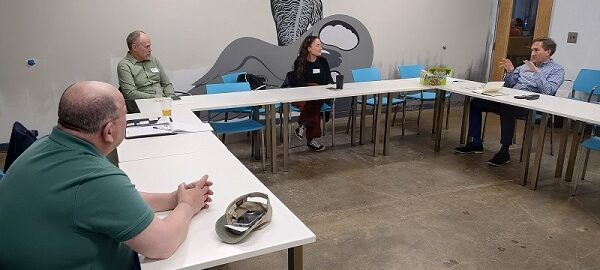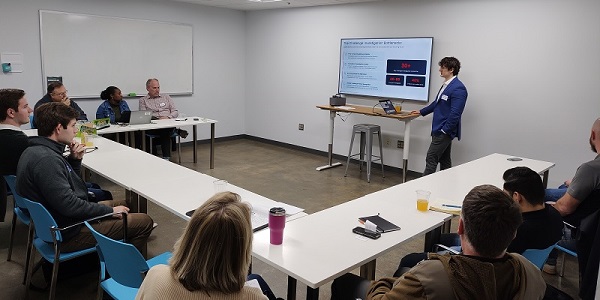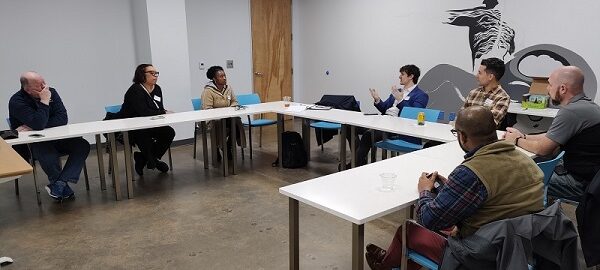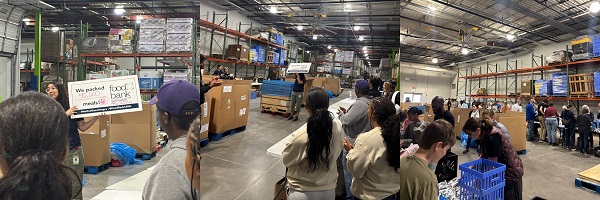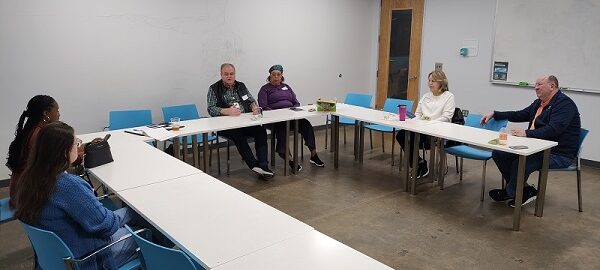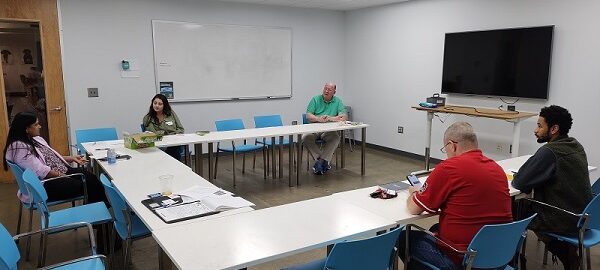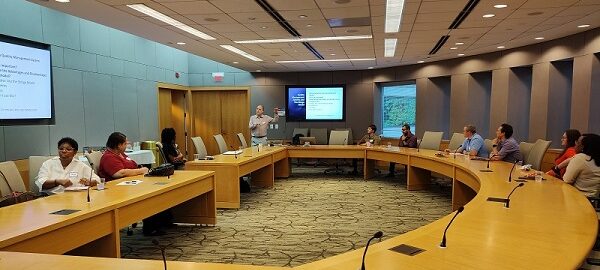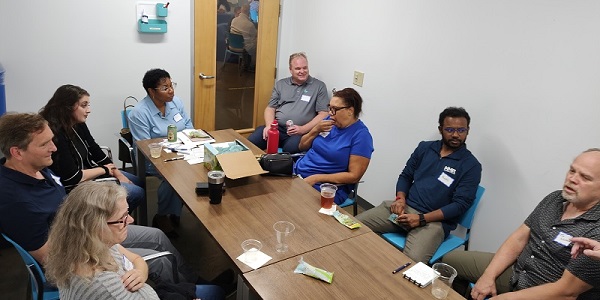ASQ Raleigh had its second Special Interest Group meeting at Frontier RTP on February 12. A small group of six people attended the meeting, including one new attendee, who became a member last year.
The ASQ Raleigh Section leadership team has been making effort to reverse the declining membership trend seen over the past few years, not just at the local section level but globally. It’s very important for us to understand how ASQ and ASQ Raleigh Section create value for our members and communities. The good news is that we have seen a significant increase in the recent Section membership (up by about 8%).
Since several attendees were on the Section leadership team, we naturally wanted to learn about the reason for the new member joining ASQ. What we learned was that their company was a startup and getting their product ready for the market, and they found ASQ as a good source of knowledge related to manufacturing, quality, regulation, and compliance.
Another attendee was not a member but interested in ASQ certification and career development. Participants shared their career lessons, including the importance of having mentors and being proactive in creating our own career paths.
We also acknowledged the change in the relationship between employee and employer in the past few decades. For example, it’s common to see people switch jobs every few years now, whereas the previous generation tended to stay with the same employer for decades. Switching jobs seems to be a more effective path to advance one’s career because few employers or managers are actively helping employees advance.
Our next meeting will be on March 12, 2026 at the same time and location. Hope to see you there!
